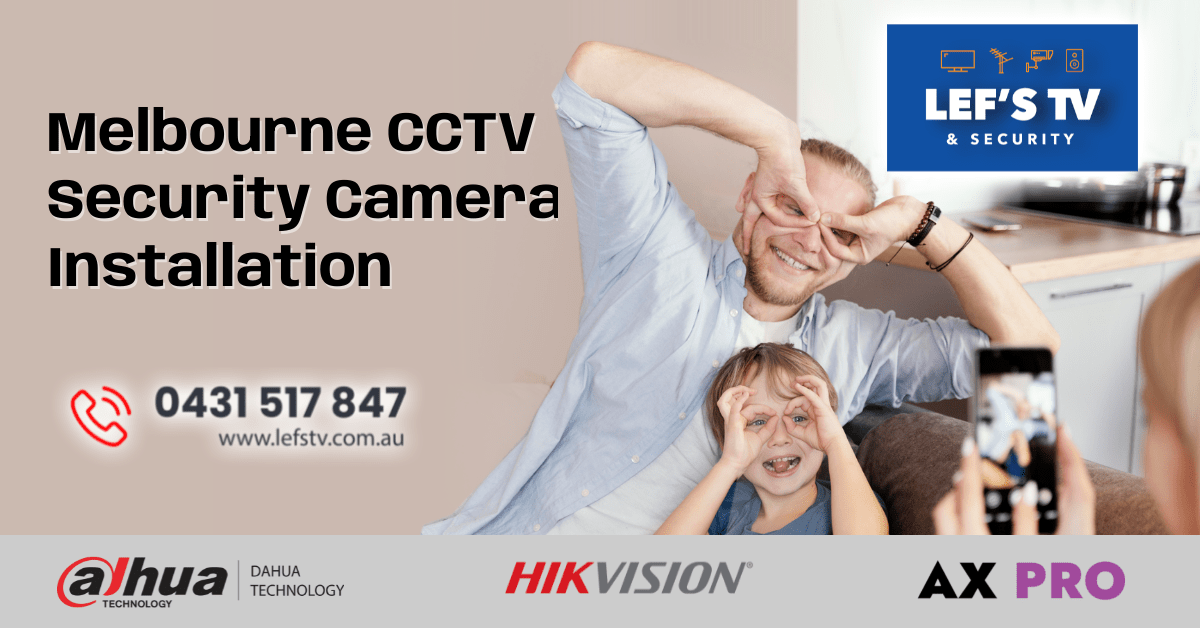A business security system is a vital investment to protect against internal theft, robbery, and burglary. However, choosing a system that fits your business needs and location is important.
Most vendors offer a high degree of customisation so that you can tailor a system to your specific needs and budget. You can also find hybrid systems with IP and analog cameras.
Why do you need CCTV cameras for your business?
A CCTV system in Melbourne can help you to keep a closer eye on the premises. It will also help you to identify potential weaknesses. For example, you may notice that areas of your building are particularly vulnerable to intruders or vandals. CCTV is an excellent way of deterring criminals because they will think twice about targeting a business with visible security cameras.
Having CCTV can also be useful for monitoring employee behavior and improving productivity. Many businesses use CCTV to monitor timekeeping and attendance to ensure that their employees are working efficiently and appropriately.
Some CCTV systems recognize faces and distinguish between people, animals, and vehicles. These cameras are useful for reducing false alarms and providing more accurate footage. You should also consider if you need CCTV to capture audio. If you do, having a good reason and being transparent with staff is important. Otherwise, you could face a data protection breach.
What factors should you consider when choosing CCTV?
There are many options to consider when choosing CCTV cameras for your business. You must consider camera type, resolution, field of view, night vision, storage and recording, and more. You will also need to think about how much monitoring you want. Some providers offer 24/7 professional monitoring as part of their subscription plans, while others require you to pay extra for this service.
Another thing to keep in mind is how many cameras you need for your business. You will need to consider the size of your building and how large of an area you want to survey. You will also need to decide whether you want to use an analog or digital system.
Many businesses are choosing to use IP cameras for their surveillance needs. They provide better image quality and can record 4K footage. They can also be linked to mobile devices and include video analytics that will send mobile notifications if any movement is detected.
Resolution and image quality
When choosing CCTV cameras, resolution and image quality are significant factors. However, the highest megapixel camera may mean something other than the best CCTV for your business. Several factors, such as budget, intended use, zoom capability, and more, must be considered.
Resolution is often misunderstood as pixel density, but it is simply the number of pixels that the camera can capture in an image. There needs to be more than the pixel count to determine the quality of a video, as it depends on many other factors such as lens, lighting, and more.
For instance, even though a megapixel camera might advertise itself as capturing 1080p footage, the actual recording quality could be better, depending on the environment. For example, bad network connections, inconsistent weather conditions, dirt on the lens, and more can significantly reduce video quality. Also, remember that the higher the resolution, the more data it will require and consume, which can increase your bandwidth and storage space requirements.
Field of View and Night Vision
Cameras capture light on an image sensor which is then processed into a visible video picture. The higher the resolution, the more detail a camera can capture, but be aware that the resolution must be high enough to avoid “pixelation.”
The camera field of view is determined by the lens type and size and the amount of infrared night vision the camera has. The bigger the lens, the wider the viewing angle but, the less distance the camera can see at one time.
Cameras can be mounted indoors or outdoors. However, they must be able to stand up to the elements and not be affected by water, dirt, or other environmental factors. There are a variety of cameras to choose from, including bullet and dome-style cameras, “turret/armored” and covert cameras, and PTZ (pan-tilt-zoom) cameras that can be used for larger coverage areas.
Storage and recording
The type of storage and recording capabilities you choose are an important part of your security system. Whether you are storing it locally on the camera itself or an external hard drive, it is essential to consider your needs and compatible technology options.
Most CCTV cameras use rolling storage, meaning the oldest footage is erased and replaced with newer recordings. For this reason, you should choose a system that provides plenty of internal storage.
You can also choose to store your footage remotely on cloud storage. This option is more expensive but ensures that your footage will be safe even if the camera is destroyed or lost.
When selecting the micro SD card used in your CCTV camera, ensure it has a high read speed. Security cameras record a lot of data at once, and the card must handle it without any issues.
Installation and maintenance
Once you’ve done a security risk assessment, determine the most important capabilities. You’ll want to choose a system that provides 24/7 alerts, night vision, pan, tilt, and zoom (PTZ) capability for optimal coverage of all areas. Resolution and image quality are also key. Look for a camera that can record at least 4Mpx, double the standard HD, and ask about optical and mechanical zoom capabilities.
A professional security system installer can help you determine where to place cameras and how many you need. They can also advise you on what cable to use and how to hide it where possible. Leaving easily-reachable cables exposed can lead to damage from vandalism and tampering.
Indoor cameras should be positioned away from windows as they can reflect light and degrade image quality. Also, be careful about placing outdoor cameras near trees or bushes where insects or falling branches can damage them.
